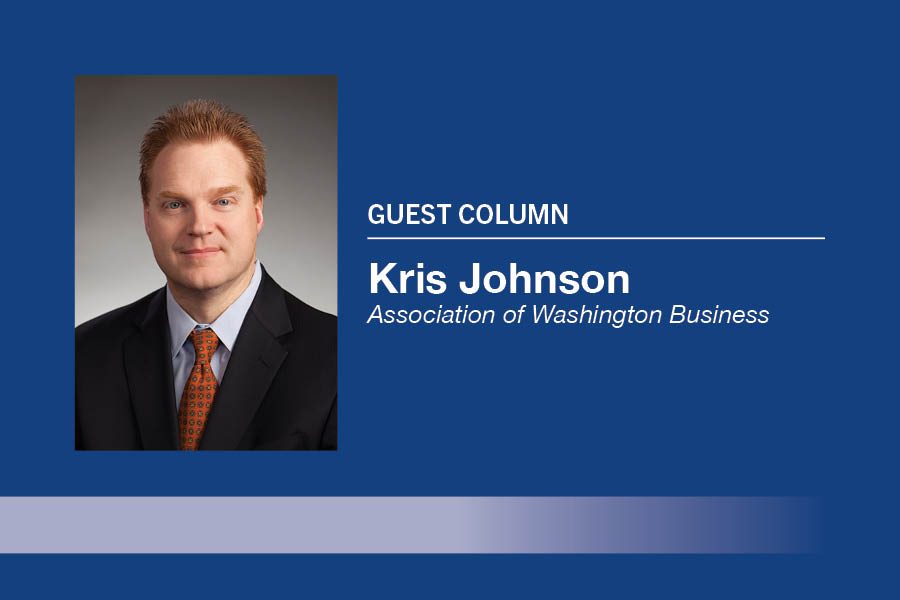
Home » Legislators should follow the lead of small businesses
Legislators should follow the lead of small businesses

April 14, 2025
Amelia Cook runs an innovative high-tech manufacturing company in Mount Vernon along with her brother. The products they make at Goodwinds Composites are literally out-of-this-world: They made the carbon fiber legs for the NASA helicopter that flew on Mars.
As a successful entrepreneur, Cook knows that when money is tight, you start by looking hard at spending.
“I think about where every dollar is going,” Cook said. “All the time.”
Lawmakers in Olympia would do well to follow suit.
The biggest task remaining before the legislative session is scheduled to adjourn April 27 is to finalize a two-year state budget. So far, the Democratic majority has been leaning heavily on new and increased taxes, in the range of $17 billion. They don’t have to.
While there have been lots of numbers thrown around about the size of the state’s budget shortfall, the reality is that the state has a spending problem, not a revenue problem. State government is taking in more tax revenue each year, with revenues on track to grow another $10 billion over the next four years. That’s a lot of new money from taxes from employers, who pay approximately 50% of state and local taxes.
Lawmakers could continue to fund critical services and programs without new or increased taxes. Yet lawmakers in the House and Senate are proposing what would amount to the largest tax increase in state history.
How much would taxes increase? About $14.8 billion under the House plan and $16 billion under the Senate plan. That means higher taxes on employers, which will result in higher prices and an even higher cost of living.
Backers of the proposed tax hikes say they’re trying to close a $15 billion budget gap, but the true size of the state’s budget hole may not be that large. After looking closely at the numbers, the Washington Research Council estimates the shortfall is more in the range of $4.9 billion for 2025-27 and $8.6 billion over four years.
There are many ways to close a shortfall of that size without raising taxes or cutting critical programs. In his budget proposal, Gov. Bob Ferguson identified about $4 billion in savings through strategic cuts to agency spending and finding efficiencies. This plan protects core services without asking business or Washingtonians to pay more.
Small business owners know what it’s like to make hard budget choices because they do it every day.
Gary Parker, owner of a popular Texas-style barbecue restaurant called BBQ2U in Gig Harbor, said that instead of record-breaking new taxes to pay for ever-bigger budgets, lawmakers should listen to this basic wisdom from small businesses: “Don’t spend what you don’t have.”
Kyra Castle, the second-generation CEO of a small business in Kent called Motors & Controls, says that when money is tight, effective leaders prioritize what can be done now and what will have to wait until there is money to pay for it.
“There are always things you can spend money on,” Castle said to lawmakers. “That doesn’t mean you should.”
Learn more about AWB’s Budget Smarter campaign at awb.org/budget-smarter
Kris Johnson is president of the Association of Washington Business, the state’s chamber of commerce and manufacturers association.
Taxes Opinion
KEYWORDS April 2025
Related Articles
Related Products





